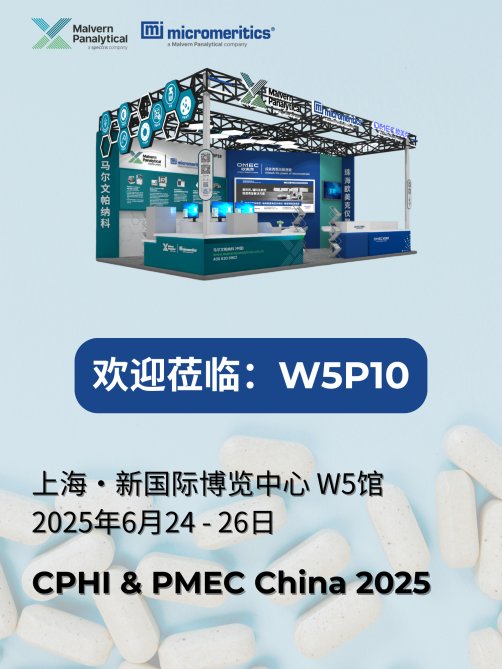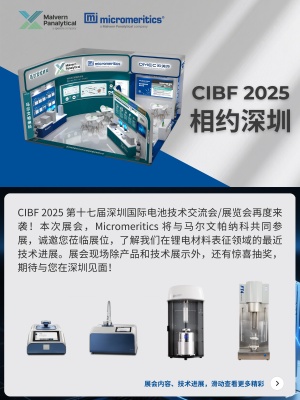15 年
 金牌会员
金牌会员
 已认证
已认证
每周分享
今天给大家分享的是2014年5月份 《Applied Catalysis A: General》上发表的一篇名为:Mechanistic insights into the effects of support on the reaction pathway for aqueous-phase hydrogenation of carboxylic acid over the supported Ru catalysts
文章摘要如下:
Several supported Ru catalysts, Ru/TiO2, Ru/ZrO2, Ru/SiO2, Ru/γ-Al2O3 and Ru/SiO2-Al2O3, were prepared and investigated for propanoic acid aqueous-phase hydrogenation. H2-TPR, NH3-TPD, pyridine-FTIR and propanoic acid-DRIFTS techniques were performed to explore the metal–support interaction, acid sites and key adsorption species. The effect of support on the reaction pathway of CO hydrogenation and decarbonylation of acyl species was discussed. Compared with Ru/ZrO2 and Ru/SiO2 catalysts, high selectivity of CO hydrogenation was obtained over the catalysts with more Lewis acid sites, such as Ru/γ-Al2O3 and Ru/SiO2-Al2O3 catalysts. The DRIFTS results suggest that the formation of adsorption species (acyl, carboxylate and carboxylic acid) is strongly depended on the nature of support. The metal–acid bifunctional sites are indispensable for the CO hydrogenation of acyl. However, the decarbonylation of acyl on the metal sites requires the relatively weak metal–support interaction and few of Lewis acid sites.
该文章中材料表征采用的是美国麦克仪器AutoChem 2920
详情可参考下面链接:
http://scholar.google.com.hk/scholar?start=20&q=Autochem+2920&hl=zh-CN&as_sdt=0,5&as_ylo=2014
文章摘要如下:
Several supported Ru catalysts, Ru/TiO2, Ru/ZrO2, Ru/SiO2, Ru/γ-Al2O3 and Ru/SiO2-Al2O3, were prepared and investigated for propanoic acid aqueous-phase hydrogenation. H2-TPR, NH3-TPD, pyridine-FTIR and propanoic acid-DRIFTS techniques were performed to explore the metal–support interaction, acid sites and key adsorption species. The effect of support on the reaction pathway of CO hydrogenation and decarbonylation of acyl species was discussed. Compared with Ru/ZrO2 and Ru/SiO2 catalysts, high selectivity of CO hydrogenation was obtained over the catalysts with more Lewis acid sites, such as Ru/γ-Al2O3 and Ru/SiO2-Al2O3 catalysts. The DRIFTS results suggest that the formation of adsorption species (acyl, carboxylate and carboxylic acid) is strongly depended on the nature of support. The metal–acid bifunctional sites are indispensable for the CO hydrogenation of acyl. However, the decarbonylation of acyl on the metal sites requires the relatively weak metal–support interaction and few of Lewis acid sites.
该文章中材料表征采用的是美国麦克仪器AutoChem 2920
详情可参考下面链接:
http://scholar.google.com.hk/scholar?start=20&q=Autochem+2920&hl=zh-CN&as_sdt=0,5&as_ylo=2014
美国麦克仪器 2014-10-12 | 阅读:2440
最新动态
更多
关于 Micromeritics 全国服务热线变更的通知
公司动态
2025-07-17

Micromeritics 麦克即将亮相第 21 届国际分子筛学术大会
公司动态
2025-07-09

CPHI & PMEC China 2025丨Micromeritics 与您不见不散
公司动态
2025-06-23

Micromeritics 邀您相约2025深圳国际电池展
公司动态
2025-05-12



